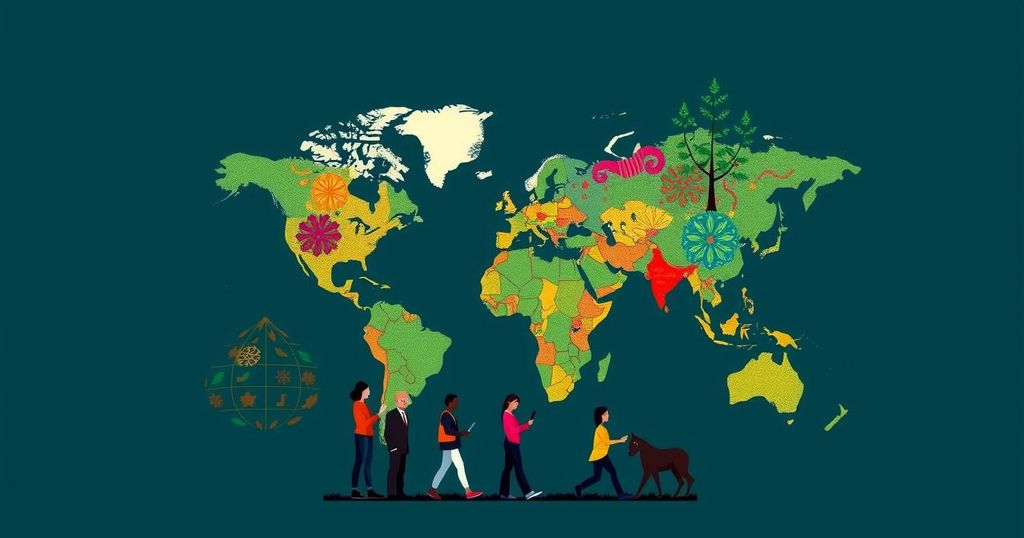Prioritizing Climate Justice at COP29

The article emphasizes the need for climate justice at COP29, highlighting the disparity between wealthy and developing nations in greenhouse gas emissions and the impacts of climate change. It calls for increased climate finance and equitable resource distribution to empower affected nations and achieve sustainable development. It stresses accountability among developed nations to follow through on previous climate commitments, as these are crucial for fostering effective global action against climate change.
As the world approaches COP29, the focus on climate inequality cannot be overstated. The paradox of climate change is that those who contribute least to greenhouse gas emissions bear the brunt of its devastating effects. Wealthy nations have historically exploited resources from poorer regions, leading to a significant disparity in how climate impacts are experienced. Currently, the richest 10% of the global population accounts for nearly half of all emissions, while those in developing countries contribute just a small fraction. This inequality necessitates robust discussions and strategies focused on climate justice. COP29 presents a pivotal opportunity to prioritize equitable climate action and ensure that the voices of those most affected are heard. The ongoing discussions about climate finance and technology transfer are crucial for empowering developing nations. At COP15, developed countries committed to providing $100 billion annually by 2020 to support climate initiatives in the Global South. Unfortunately, this commitment was fulfilled only recently in 2022, underscoring the need for increased financial support and accountability. In a time when climate disasters are increasingly displacing individuals, it is essential to recognize that climate justice involves an equitable distribution of resources and fair decision-making processes. The UN and other organizations are currently working on frameworks aimed at addressing these injustices, yet they require more global backing, particularly from wealthier countries. The integration of climate justice into international trade and governance systems is paramount for sustainable development. Furthermore, enlightened self-interest may encourage developed countries to assist those in the Global South. By addressing climate-driven crises in these regions, wealthier nations can mitigate the flow of climate refugees and maintain social stability. COP29 must focus on developing financial strategies that reinforce equity and justice in climate action. As United Nations Secretary-General António Guterres stated, “climate finance is not charity, it’s an investment in the collective well-being of all humanity.” In conclusion, COP29 represents a critical juncture in the fight against climate change, emphasizing the urgency of climate justice. It is vital that developed nations step up to support the Global South not only out of a sense of ethical obligation but also for their own long-term stability and prosperity. Effective and inclusive action must take precedence to create a sustainable and equitable global future.
The article discusses the pressing issue of climate inequality in the context of the upcoming COP29 conference. It highlights the disparity between wealthy nations, historically responsible for the majority of greenhouse gas emissions, and developing countries, which contribute significantly less yet are disproportionately affected by climate change. The need for climate justice, equitable resource distribution, and acknowledgment of the rights of poorer nations are emphasized as critical topics for discussion at COP29. The article also reflects on historical commitments made by developed nations regarding climate finance and stresses the importance of accountability in fulfilling those promises for sustainable development.
In summary, addressing climate injustice is imperative as COP29 approaches. Wealthy nations must acknowledge their historical contributions to climate change and provide equitable support to the Global South. By empowering developing countries through climate finance and justice initiatives, the global community can work towards a more sustainable future. Effective international collaboration and financial commitment are essential to building resilience against ongoing climate threats and ensuring a fair transition for all nations involved.
Original Source: theconversation.com






